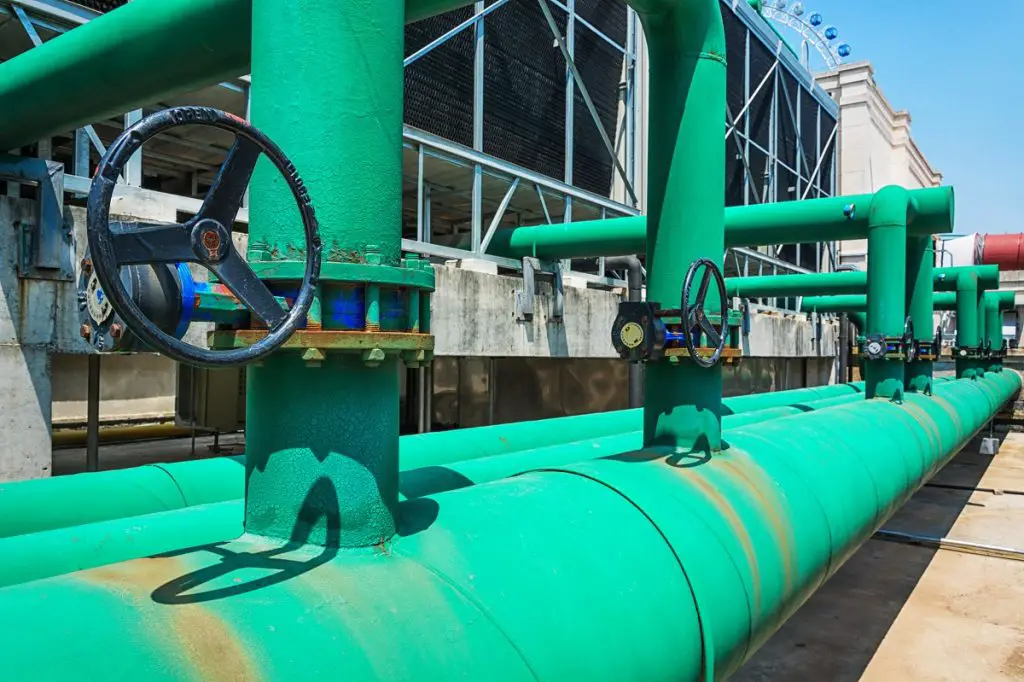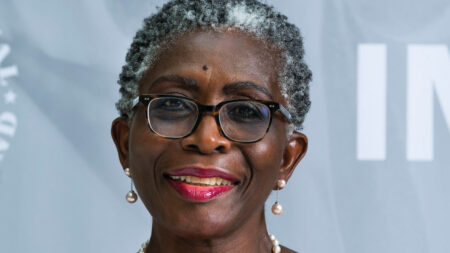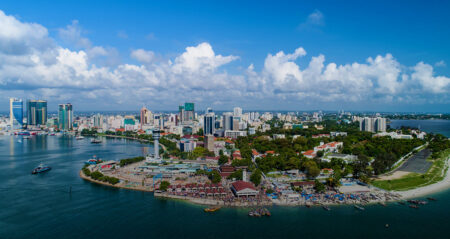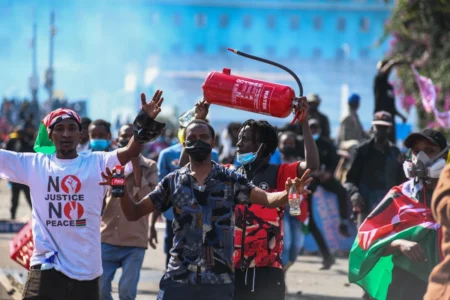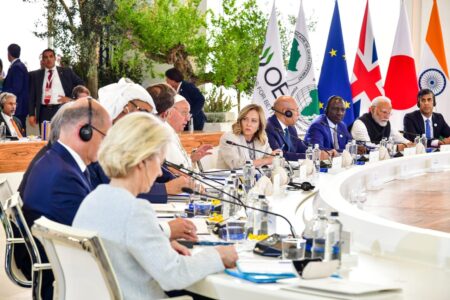It has been a year of mixed goodies for Africa with most economies on the continent registering negative growth as an effect of the Covid-19 pandemic.
Projections and reality on the ground have shown that the pandemic has negatively impacted Foreign Direct Investment (FDI) flows to Africa as is the case with the rest of the world. The International Monetary Fund (IMF) projects that Africa’s GDP will fall almost 5 per cent from 3.2 per cent to -2.8 per cent in 2020.
According to the United Nations Conference on Trade and Development (UNCTAD), FDI flows to Africa will contract by 25 to 40 per cent this year since measures by governments to curb the spread of the virus are slowing down existing investment projects as well as the process of approving new projects.
Read: Kenya beats South Africa as the biggest investor in African countries
The economic recession is upon us and it will delay not only the implementation of investment projects but hold out longer new investment decisions this year.
But while all this is happening, it seems like Ghana is doing something right.
The country has recorded total investments of US$869.47 million, with total FDI value amounting to US$785.62 million between January to June this year undeterred by the Covid-19 pandemic.
FDI inflow shows a rare strength in the final moments of the second quarter of the year.
The total FDI of US$785.62 million represents investment recorded by the Ghana Investment Promotion Center (GIPC) and the Petroleum Commission.
Worldwide, UNCTAD has estimated that the pandemic will send global FDI plunging by about 40 per cent – driving the total value of FDI below US$1 trillion for the first time since 2005.
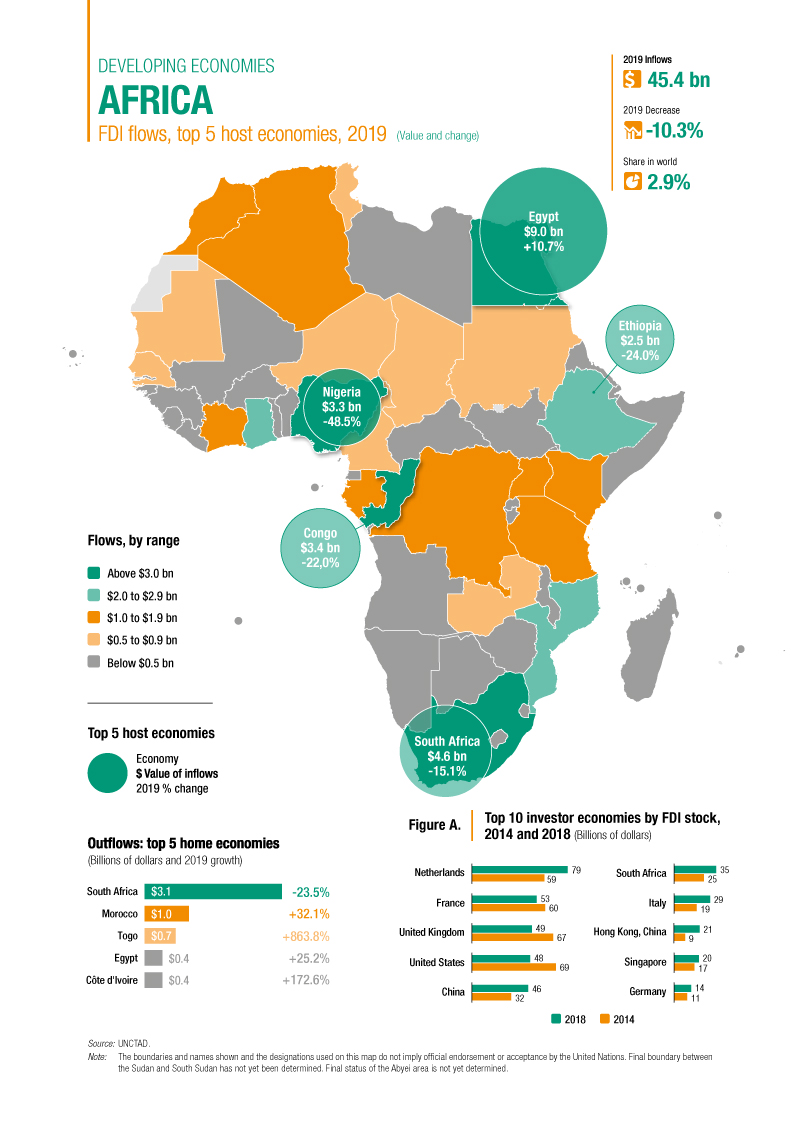
However, in spite of a sluggish start in the first quarter of 2020 and a worrying slump at the beginning of the second quarter due to severe lockdown measures to contain the spread of the coronavirus, FDI to Ghana has begun to rebound resulting in a notable increase in FDI inflow for the first half of the year.
At the GIPC, a total of 69 projects with a total estimated value of US$688.74 million was recorded by the end of June 2020.
Read also: East Africa attracts more investors as rest of continent suffers
Of this, the total FDI component amounted to US$627.52 million while local component accounted for an estimated US$61.22 million. The FDI value of US$627.52 million was a considerable increase of about 409.10 per cent from last year’s FDI value of US$123.26 million recorded within the same period (Jan-Jun 2019), depicting a strong performance irrespective of the global pandemic.
Out of the 69 projects recorded, the services sector registered a majority of 25 projects followed by the manufacturing and export trade sector with 21 and 11 projects respectively. With regards to value, general trading recorded the highest amount of US$246.05 million.
This was tailed closely by the mining exploration sector with US$231.02 million having sealed some major investments such as the Chirano Gold mine project for the exploration of minerals.
The manufacturing sector also saw significant investments valued at US$170.67 million on the back of some notable ventures such as a deal by Matrix industries for the manufacture of paper and aluminium products as well as the Rainbow Paints Limited project which is a joint venture between Ghana and Kenya for the manufacturing of paints and related products.
Geographically, the spread of the project’s cuts across 6 regions namely, Greater Accra, Central, Eastern, Ashanti and Volta regions with most projects registered in the Greater Accra enclave.
Together, the 69 projects are expected to make a significant contribution to job creation in the country. Per estimations, a total of 14,614 jobs are expected to be created when the projects are fully operational. Out of this, 14,052 of the jobs representing 96.15 per cent will be for Ghanaians whilst the remainder of 562 jobs which represents 3.85 per cent will be taken up by foreigners.
Meanwhile, additional equity totalling US$11.56 million was re-invested by existing companies within the first half of the year, while a total of GHC1,365.26 million was recorded as investments from 28 wholly-owned Ghanaian businesses.
The seemingly positive performance of FDI inflows to the country has been to an extent attributed to the gradual easing of the Covid-19 restrictions as well as government initiatives and incentives rolled out to buffer businesses and the economy at the height of the pandemic.
Regardless of the upbeat performance, UNCTAD predicts that FDI will continue to see a decline of 5-10 per cent in 2021 with a slow recovery to be initiated in 2022 driven by restructuring of global Value Chains and a general rebound of the global economy.





